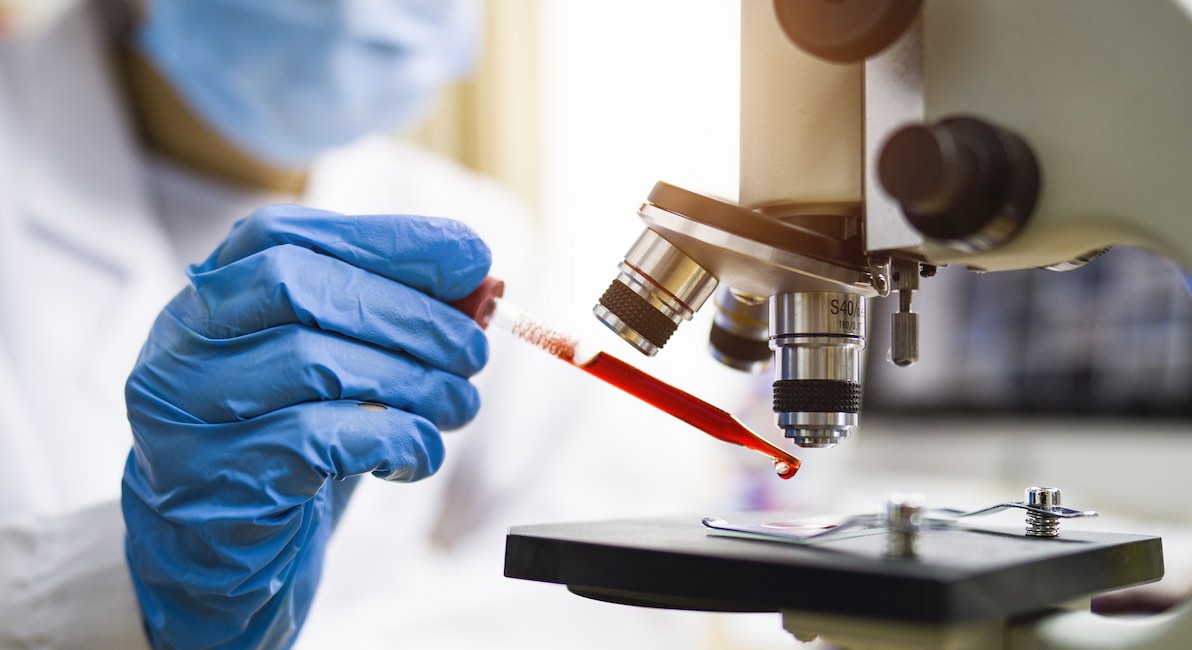The National Institutes of Health (NIH) has named the members of an advisory board which will examine the ethics of research using the remains of aborted children, most commonly referred to as “fetal tissue research.” Last June, the Department of Health and Human Services (HHS) announced it had canceled a contract which used taxpayer dollars to fund this type of research. The advisory board was established by HHS Secretary Alex Azar to review any contract proposals involving the remains of aborted children to determine their eligibility for HHS funding.
The board is expected to submit their findings to Azar no later than August 18. Their recommendations will also be sent to the Senate Committee on Health Education, Labor and Pensions, and the House Committee on Energy and Commerce.
Eleven of the 15 board members are known to oppose the use of aborted fetal remains for research. Many in the pro-life movement are hopeful that the advisory board’s recommendations can advance ethical alternatives to research that treats preborn lives like scientific commodities. Some of those board members, as listed by Life Site News, are Dr. Maureen Condic, an associate professor in neurobiology and anatomy, Dr. David Prentice, vice president and research director at the Charlotte Lozier Institute, and OB/GYN Dr. Ingrid Skop.
The public submitted written comments, and five oral presentations were heard by the board before closed door sessions began. According to Life Site News, Professor Robin Alta Charo, a law and bioethics professor at the University of Wisconsin, argued in favor of research utilizing aborted children. “Almost every American has benefitted from the use of this tissue in the form of vaccines for polio, chicken pox, and rubella and research curing blindness and cancer,” Alta Charo said. “Throwing up barriers will only limit our hope for curing devastating diseases and make innocent Americans collateral damage in the abortion wars.”
READ: Undercover Planned Parenthood investigator: ‘What I saw was a market for fetal tissue’
However, presenters Dr. James Sherley and Dr. Maria Feeney refuted the necessity of fetal tissue research. Sherley is the founder of Asymmetrex, an adult stem cell research firm. Both he and Feeney are associate scholars at the Charlotte Lozier Institute, a pro-life research group that has published content about ethical alternatives to using the bodies of aborted children in research.
Sherley noted how research with aborted body parts is often “contributory to motivating elective abortions.” He referred to this as “ethical misconduct” that should “not be funded by the U.S. government or allowed by a private agency either.”
The board will be conducting their review as the coronavirus (COVID-19) reignites debates regarding fetal tissue treatment research. In April, President Trump was urged by 130 members of Congress to uphold the “current fetal tissue research policy and to redirect funds toward ethical, successful alternatives to combat COVID-19.”
The NIH approved 70 new embryonic stem cell lines for federally funded research last month. However, the HHS policy from last June is meant to exclude projects that use embryonic stem cells or cell lines for research.
As Dr. Feeney told the advisory board, “History is repeating itself as we exploit one group of human beings for the benefit of another group. This advisory board can choose to be at the forefront of promoting non-controversial tissue and cell sources. Science has only scratched the surface of what is possible with induced pluripotent stem cells.”
“Like” Live Action News on Facebook for more pro-life news and commentary!







